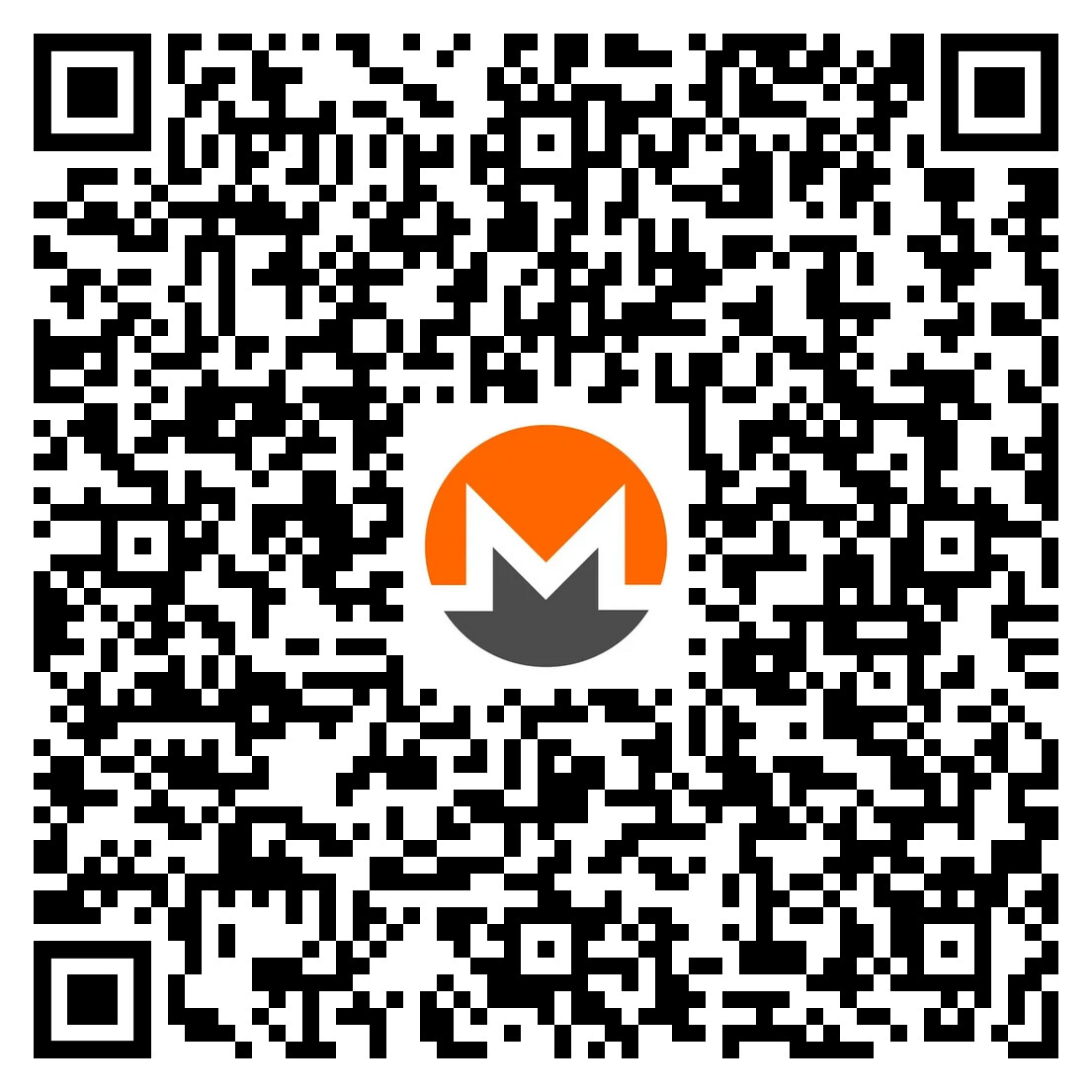Privacy on Bitcoin used to be discussed as if one tool could solve everything. That era is over. Investigators now combine exchange records, seized infrastructure, commercial tracing software, and policy pressure into one pipeline, so users who rely on a single method eventually run into the edge of that method.
The practical answer is layered defense: understand what each privacy rail does well, where it fails, and how to combine them without creating fresh leaks through timing, address reuse, or custody mistakes. This page is built around that idea. Instead of selling one silver bullet, it maps the stack that experienced users actually depend on in 2026.
We group the stack into three operational pillars below, then summarize tradeoffs in the matrix. If you already know the basics, focus on where your own workflow is weakest rather than where your favorite tool looks strongest.
Custodial vs. Self-Hosted Coordination
Custodial mixers and hybrid coordinators still offer the fastest way to break obvious input-output continuity, especially when someone needs privacy now and cannot spend hours maintaining infrastructure. That speed is why these services stay relevant even after repeated seizures. The tradeoff is straightforward: convenience comes from trusting an operator and its stack not to fail, leak, or disappear under legal pressure.
History keeps proving that risk is real. Cases such as Sinbad and eXch show how quickly a working route can become unusable. If you use custodial rails, treat them like tactical infrastructure: smaller tranches, fast exits, and backup providers instead of a single long-term dependency. For deeper architecture and custody details, see the centralized mixers guide.
Self-hosted CoinJoin tools sit on the opposite side of the trust curve. JoinMarket, Whirlpool, and WabiSabi let users keep keys and control remix behavior, but they demand stronger discipline, more setup time, and enough liquidity to avoid weak rounds. The upside is that your privacy does not depend on one company's uptime. For practical strategy and legal context, continue with Enhanced CoinJoins and the lessons from the Samourai case.
Stealth Receivers & Wallet Hygiene
Stealth addresses, BIP47 payment codes, Silent Payments, and related receiver-side tools solve a quieter but critical problem: destination reuse. They make it harder for outsiders to build simple identity profiles from repeated receipts, donations, or payroll traffic that lands in the same visible address cluster over time.
They do not hide everything. Inputs and amounts can still leak context unless wallet hygiene is handled like routine maintenance, not an occasional cleanup job. That means fresh receive paths, careful change management, disciplined UTXO labeling, and records you can present when compliance teams ask questions. The operators who avoid unnecessary freezes are usually the ones who treat these "boring" habits as first-class security controls, then verify outputs with tools like the BitMixList AML Checker.
Monero & Cross-Chain Swaps
When the goal is to leave Bitcoin's transparent graph entirely, Monero is still the strongest default privacy rail in common use. Many users treat XMR as a staging asset: exit BTC through swaps or OTC channels, hold briefly to break continuity, then re-enter Bitcoin on a separate path with cleaner separation than a single-chain workflow usually allows.
Cross-chain routes are powerful, but they are not effortless. Liquidity depth, swap reliability, and route health can change quickly when policy pressure or delistings hit major venues. That is why mature workflows keep more than one bridge active and avoid using a single route repeatedly in predictable time windows. For implementation details, read Monero as a Bitcoin Privacy Alternative and Atomic Swaps & Bridges.
Anonymization Technique Comparison
Each column below maps to a real workflow pattern, not a marketing category. Use it to spot where your setup has blind spots, especially around custody assumptions, route fragility, and operational overhead. Swipe horizontally on mobile.
| Capability | Mixers | CoinJoin | Stealth Addresses / Silent Payments | Monero | Cross-Chain Bridges / Atomic Swaps | Fresh Addresses | Change Output Randomization | TumbleBit | ZeroLink |
|---|---|---|---|---|---|---|---|---|---|
| Trusted third party? | Custodial risk | No | No | No | Route dependent | No | No | Hub liveness risk | Coordinator liveness |
| Breaks input/output linkability | Yes | Yes | Receiver only | Yes | Yes (multi-hop) | Reduces reuse | Reduces heuristics | Yes | Yes |
| Hides amounts | No | No | No | Yes (RingCT) | Depends on chain | No | No | No | No |
| Default privacy & UX | Easy UX, fragile legality | DIY UX, resilient | Wallet support needed | Always-on | Advanced routing | Built-in for most wallets | Wallet dependent | Strong model, niche tooling | Framework, wallet-dependent |
| Best use case | Fast BTC obfuscation when you accept custodial exposure. | Self-hosted mixing that keeps BTC liquidity intact. | Protecting reusable donation or invoice addresses. | Long-term storage and cross-chain hops with default privacy. | Re-entering BTC with a new graph after leaving the chain. | Basic hygiene against address-reuse heuristics. | Avoiding deterministic change outputs that leak ownership. | Research-grade, trust-minimized unlinkability model for hub-based routing. | Protocol framework for Chaumian CoinJoin wallet design and toxic-change handling. |
| Main page | Mixers | CoinJoin | Stealth addresses | Monero | Bridges / swaps | Fresh addresses | Change addresses | TumbleBit | ZeroLink |

